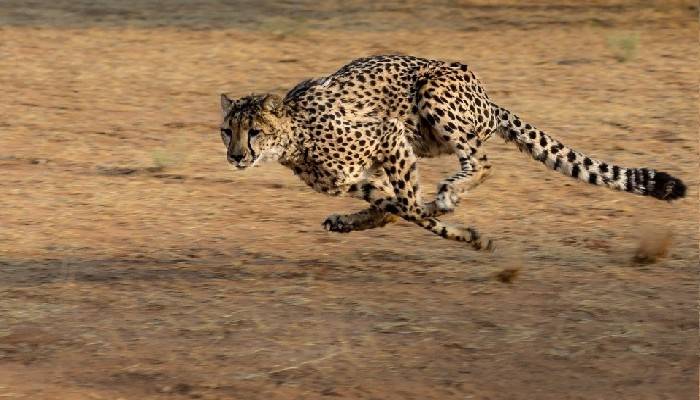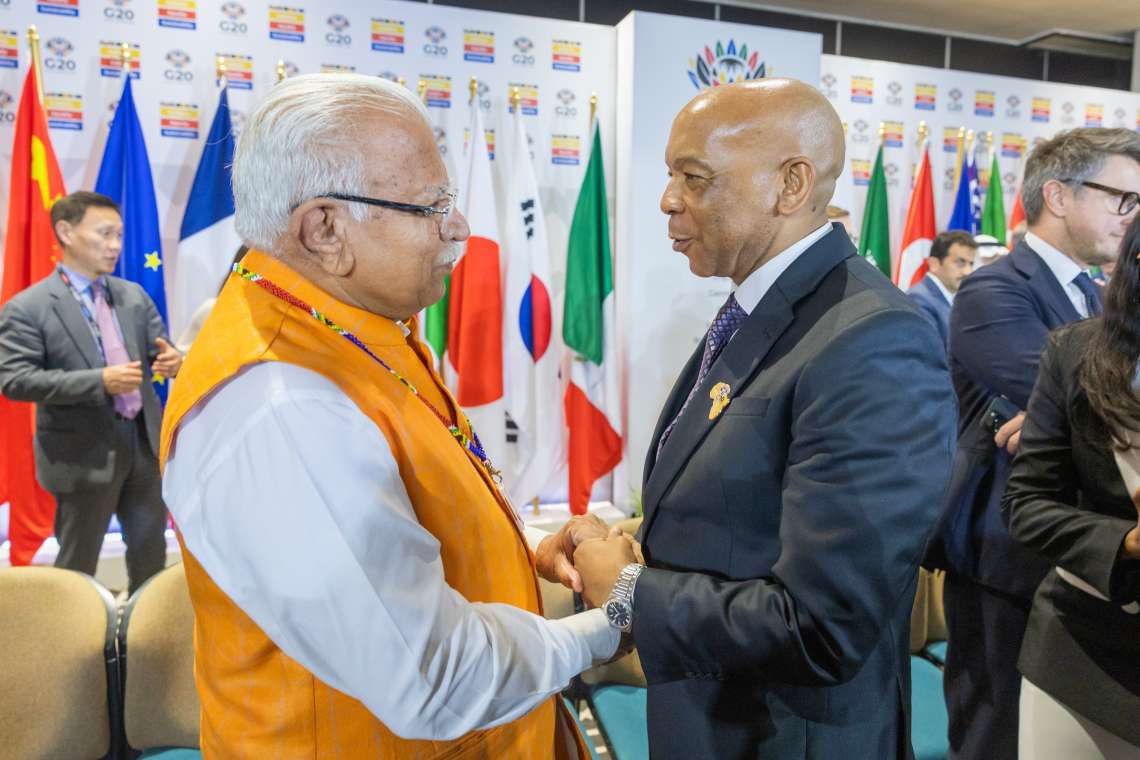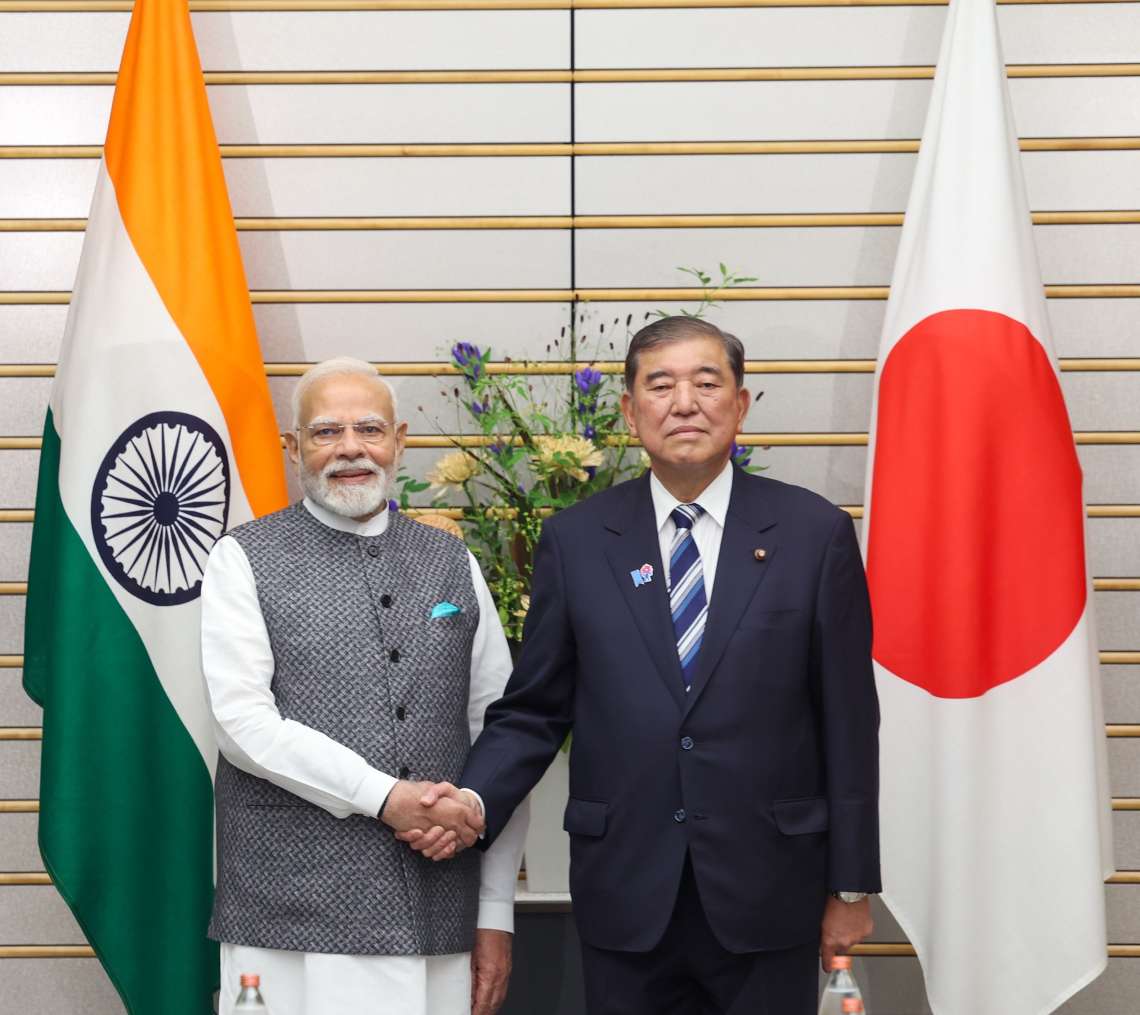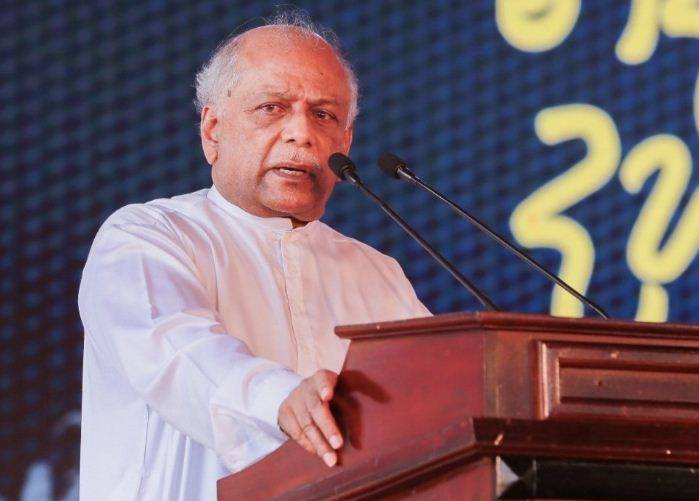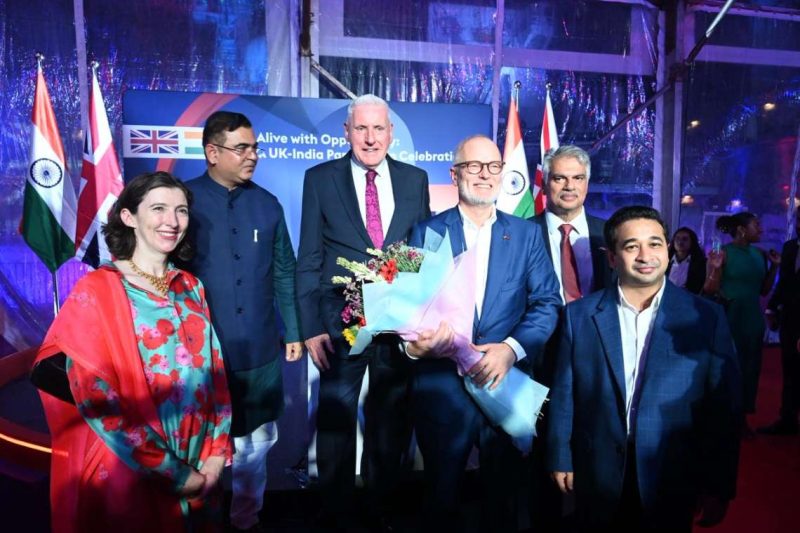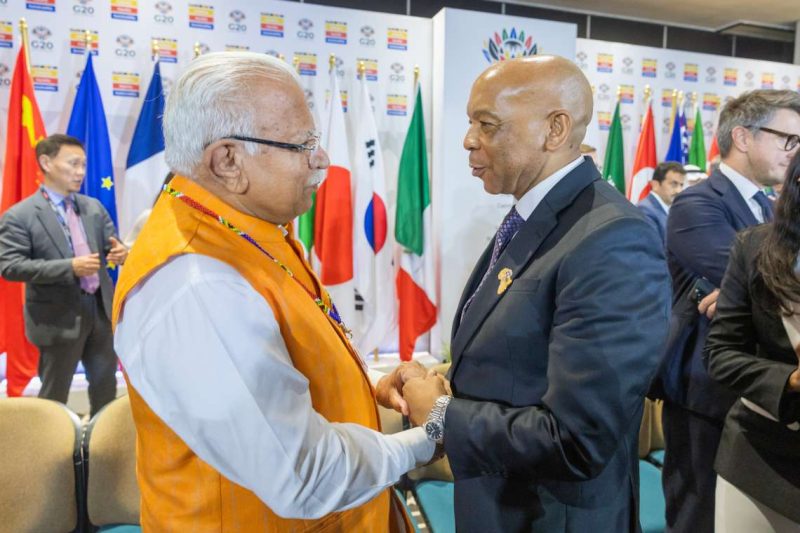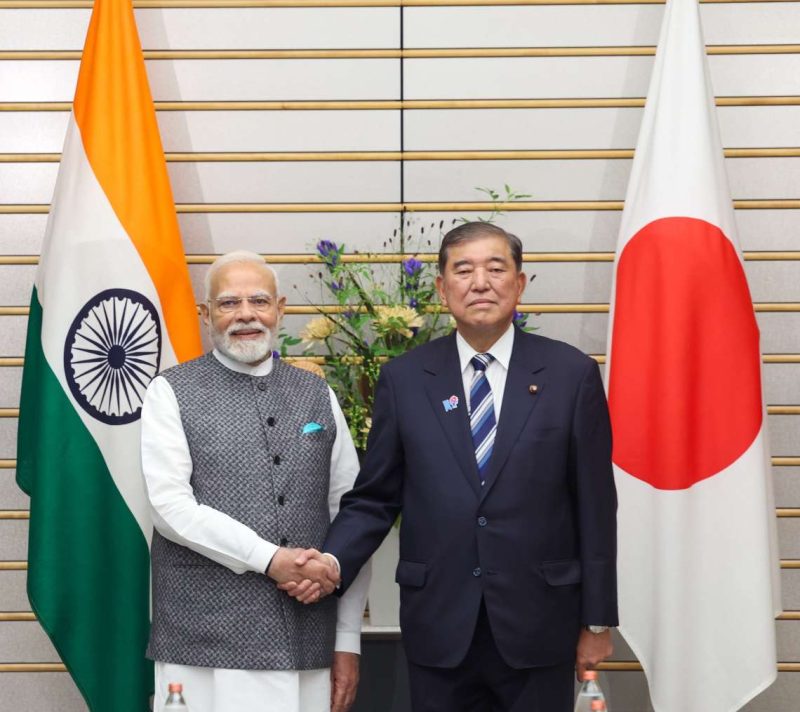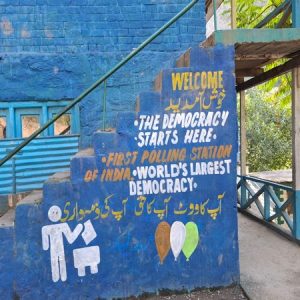According to the MoU, the two countries will also share resources and expertise in Cheetah conservation in addition to training personnel…reports Asian Lite News
The stage is set for the reintroduction of cheetahs in Indian jungles after 70 years with India signing a Memorandum of Understanding (MoU) with Namibia on Wednesday. Namibia, which has one of the world’s largest populations of the spotted feline, will provide Cheetahs to India.
According to the MoU, the two countries will also share resources and expertise in Cheetah conservation in addition to training personnel.
Cheetahs were pronounced extinct in India in 1952 due to illegal hunting and loss of natural habitat.
The Kuno-Palpur National Park in the Sheopur district of Madhya Pradesh would be the new home of the fastest land mammal in the world, the Ministry of Environment, Forest and Climate Change said.
New action plan
In January this year, Union Minister of Environment, Forest and Climate Change Bhupender Yadav had said 50 cheetahs will be introduced in various National Parks over five years.
Discussions to bring the cheetah back to India were initiated in 2009 by the Wildlife Trust of India. Experts from across the world, officials of the Government of India including Ministry of Environment, Forests and Climate Change and representatives of the state governments met and decided to conduct site surveys to explore the reintroduction potential.
Former cheetah range states – Gujarat, Rajasthan, Chhattisgarh and Madhya Pradesh – were prioritized.
Surveys for 10 sites were conducted between 2010 and 2012. Kuno National Park was considered ready for receiving cheetah with the least management interventions since a lot of investments had been done in this Protected Area for reintroducing Asiatic lions.
The national park is 748 sq km in area, devoid of human settlements, and forms part of Sheopur-Shivpuri deciduous open forest landscape
While the current carrying capacity for Kuno National Park is a maximum of 21 cheetahs, once restored the larger landscape can hold about 36 cheetahs. The carrying capacity can be further enhanced by including the remaining part of the Kuno Wildlife Division (1,280 sq km) through prey restoration, the ministry said.
The locally extinct cheetah-subspecies of India is found in Iran and is categorized as critically endangered. An important consideration during such conservation efforts is that the sourcing of animals should not be detrimental for the survival of the source population.
Since it was not possible to source the critically endangered Asiatic cheetah from Iran without affecting this sub-species, India decided to source cheetahs from Southern Africa, which can provide India with substantial numbers of suitable cheetah for several years.
Cheetahs from Southern Africa have the maximum observed genetic diversity among extant cheetah lineages, an important attribute for a founding population stock. Moreover, the Southern African cheetahs are found to be ancestral to all the other cheetah lineages including those found in Iran, the ministry had explained in January this year.
The MoU was signed between Vice President of Namibia Nangolo Mbumba and the Union Minister of Environment, Forest & Climate Change Bhupender Yadav.
The main objective of the cheetah reintroduction project in India is to create a healthy cheetah metapopulation there, allowing the cheetah to fulfil its functional role as a natural predator and providing room for the cheetah to spread out within its historical range, thus supporting efforts to conserve the species worldwide.
For the country’s conservation ethic and culture, the cheetah holds a very significant place in history. There would be significant conservation implications if the cheetah were to return to India. Cheetahs are among the great carnivores with the fewest conflicts with human interests since they pose a minimal threat to people and often do not target large cattle.
As per the agreement, the two nations will cooperate and exchange knowledge and resources to further cheetah conservation in their home regions.
When appropriate, they will exchange individuals for training and instruction in wildlife management, along with the sharing of technical expertise, in the fields of climate change, environmental governance, environmental impact assessments, pollution, and waste management.
The main thrust areas of the MoU are:
* Biodiversity conservation with specific focus on conservation and restoration of cheetah in their former range areas from which they went extinct
* Sharing and exchange of expertise and capacities aimed at promoting cheetah conservation in two countries
* Wildlife conservation and sustainable biodiversity utilization by sharing good practices in technological applications, mechanisms of livelihood generation for local communities living in wildlife habitats, and sustainable management of biodiversity
* Collaboration in areas of climate change, environmental governance, environmental impact assessments, pollution and waste management and other areas of mutual interest
* Exchange of personnel for training and education in wildlife management, including sharing of technical expertise, wherever relevant.


